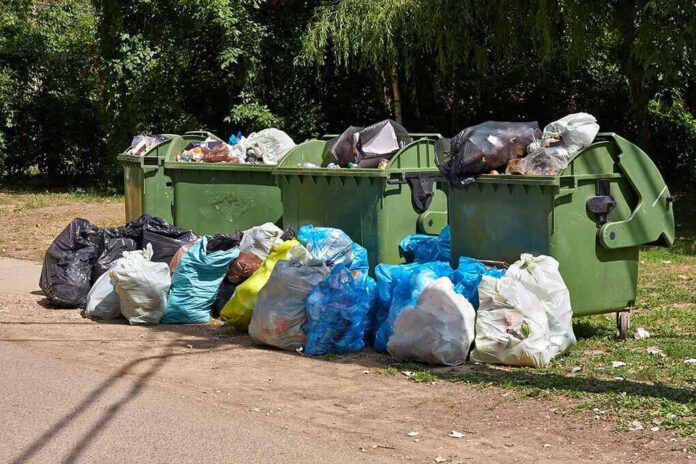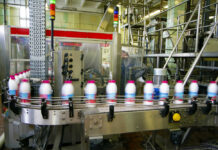
Robots and electric trucks are revolutionizing waste collection, but at what cost to our economy and workforce?
Story Snapshot
- Oshkosh Corporation leads with autonomous robots and electric trucks.
- Smart sensors optimize waste collection, cutting emissions by up to 30%.
- High costs and infrastructure needs hinder rapid adoption.
- Potential workforce impact as automation reduces traditional roles.
Technological Innovations in Waste Management
In 2025, waste management is undergoing a significant shift with the introduction of cutting-edge technologies. Companies like Oshkosh Corporation are at the forefront, unveiling autonomous robots (HARR-E) and electric refuse trucks (Volterra ZSL) at CES 2025. These innovations promise cleaner, more efficient waste collection through automation and electrification. However, this transformation is not without its challenges, primarily concerning cost and infrastructure requirements.
Smart sensors from Nordsense are being deployed to optimize waste collection routes, resulting in substantial reductions in emissions and overflow incidents. These sensors provide real-time data that improves logistics and efficiency, contributing to up to a 30% decrease in CO₂ emissions in pilot areas. Yet, despite these environmental benefits, widespread adoption remains slow, primarily due to the financial burden of upgrading existing systems.
Challenges and Implications for Adoption
The introduction of these high-tech solutions in waste management presents several challenges. The initial investment required for electric trucks, autonomous robots, and smart sensors is significant, creating a barrier for many municipalities. Additionally, the necessary infrastructure, such as charging stations for electric vehicles, is not yet universally available, delaying broader implementation.
Beyond financial and logistical hurdles, there are potential socioeconomic impacts. As automation becomes more prevalent, traditional waste management roles may diminish, raising concerns about job security for current workers. While these innovations offer new opportunities in technical and maintenance roles, the transition may not be seamless, calling for comprehensive retraining programs.
Future Prospects and Industry Impact
Despite the challenges, the long-term prospects for these technologies are promising. The potential for reduced noise and emissions, alongside optimized waste collection logistics, aligns with global sustainability goals. As costs decrease and infrastructure improves, more municipalities are expected to adopt these solutions, leading to a transformation in urban waste management.
This shift towards automation and electrification in waste management is likely to influence other municipal services, such as street cleaning and package delivery. As competition among technology providers intensifies, innovations will continue to evolve, potentially setting a precedent for global adoption of these advanced systems.
Sources:
Oshkosh unveils first-ever frontloading EV garbage truck
Taking out the trash: There’s a robot for that
Autonomous waste solutions: Can Oshkosh make cities cleaner?
Technology for everyday heroes
“`




























